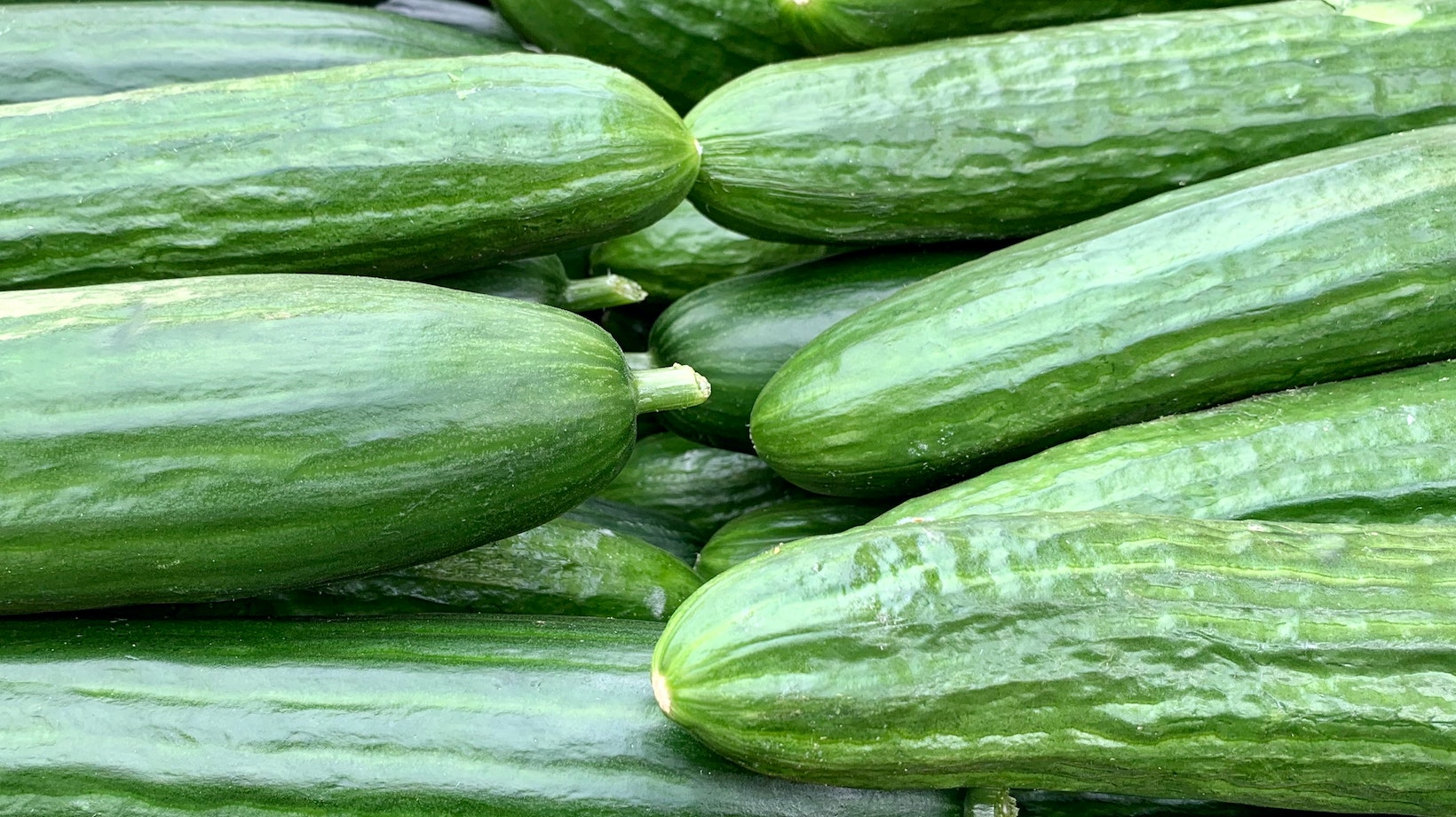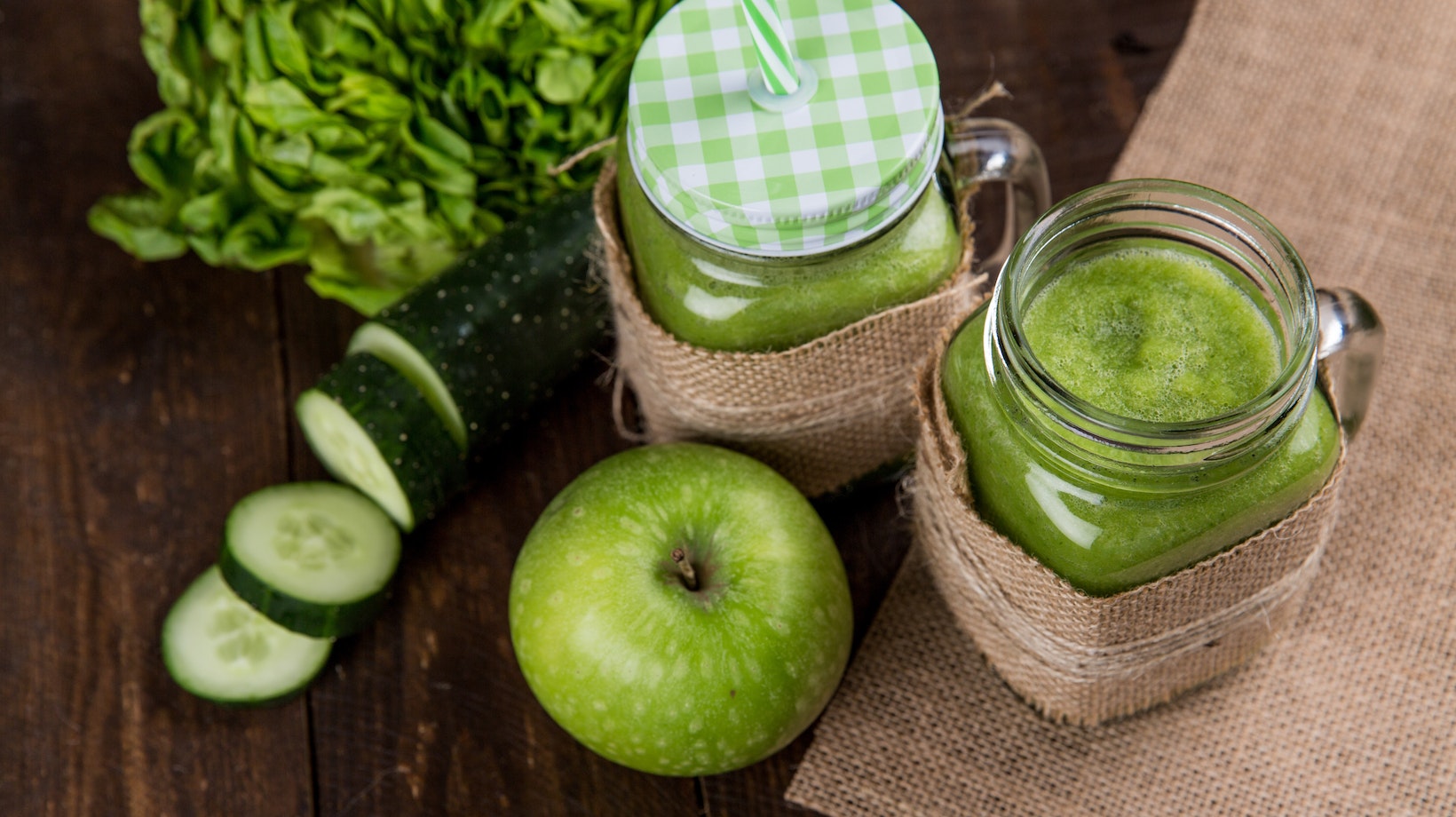
Cucumber Nutritional Profile
Let’s dive into the nutritional profile of cucumbers. It’s no secret that cucumbers are low in calories, but did you know they’re also packed with a host of beneficial nutrients? We’ll demystify what makes cucumbers such an ideal food for those on a keto diet.
First off, we need to understand that cucumbers are primarily made up of water. In fact, they contain about 95% water, making them incredibly hydrating. This alone sets them apart as a fantastic addition to any diet, not just keto.
But there’s more to cucumber than just H2O. They’re surprisingly rich in vitamins and minerals too. Vitamins K and C along with magnesium, potassium, manganese make their way into this humble green veggie.
The carb count may have caught your eye! At only around 3-4 grams per serving (net carbs being even less), it’s easy to see why they’re such a hit among keto dieters.
Looking past the numbers though, cucumbers bring another benefit: versatility! Whether you prefer them sliced in salads or pickled as a snack – there are countless ways to incorporate this nutritious vegetable into your meals.
To sum up our exploration of cucumber’s nutritional profile:
- High water content aids hydration
- Rich in essential vitamins and minerals
- Low-calorie and minimal carbs
- Offers culinary versatility
It’s clear that when it comes to both nutrition and adaptability for various diets including keto – the cucumber certainly deserves a thumbs-up.
Is Cucumber Good for Keto
We’re often asked about cucumbers and the ketogenic diet. Can they coexist? The answer is a resounding yes! Cucumbers are not only acceptable on a keto diet, but they’re actually quite beneficial. Here’s why.
Firstly, let’s talk about carbs. A cucumber contains just 3.63 grams of carbs per 100 grams serving according to the USDA National Nutrient Database. That’s extremely low in comparison to other fruits and vegetables out there. So you can munch on a cucumber without worrying about your carb intake shooting through the roof.
In addition, cucumbers are chock-full of water – around 95% by weight. This makes them an excellent hydration source during those hot summer months or after an intense workout session when we’re sweating bullets and need to replenish lost fluids.
But it doesn’t stop there! Cucumbers also bring along various essential nutrients that our bodies crave while following a ketogenic lifestyle:
- Vitamin K: Crucial for bone health.
- Vitamin C: Powerful antioxidant that boosts immunity.
- Magnesium: Supports nerve function and muscle contraction.
- Potassium: Helps balance fluid levels in our body.
Finally, cucumbers have dietary fiber which aids digestion and keeps us feeling full longer – a boon when we’re trying to curb those pesky hunger pangs!
So there you have it – cucumbers aren’t just good for keto; they’re practically made for it!
Benefits of Cucumbers on Keto
We’re often asked, “Is cucumber good for keto?” The simple answer is yes, and we’ll tell you why. Cucumbers are low in carbs and high in water content, making them an ideal choice for anyone following a ketogenic diet. Let’s dive into the specifics to understand how cucumbers can benefit your keto journey.
Cucumbers are packed with essential vitamins and minerals that our bodies need. They’re especially rich in Vitamin K, an essential nutrient that plays a crucial role in blood clotting and bone health. To give you some perspective, one cup of sliced cucumbers contains approximately 17% of the recommended daily intake of Vitamin K.
Hydration is key when you’re on a ketogenic diet and here’s where cucumbers really shine! They’re made up of about 95% water which can help keep dehydration at bay – a common concern among those new to the keto lifestyle. Plus, they bring along their unique benefits as well:
- Their crunchiness makes them a satisfying snack.
- They act as excellent carriers for dips or spreads due to their mild flavor.
- Being low calorie (only about 16 calories per cup), they make for guilt-free munching!
Apart from these dietary advantages, cucumbers also offer other health benefits like promoting heart health and aiding digestion due to their fiber content.

